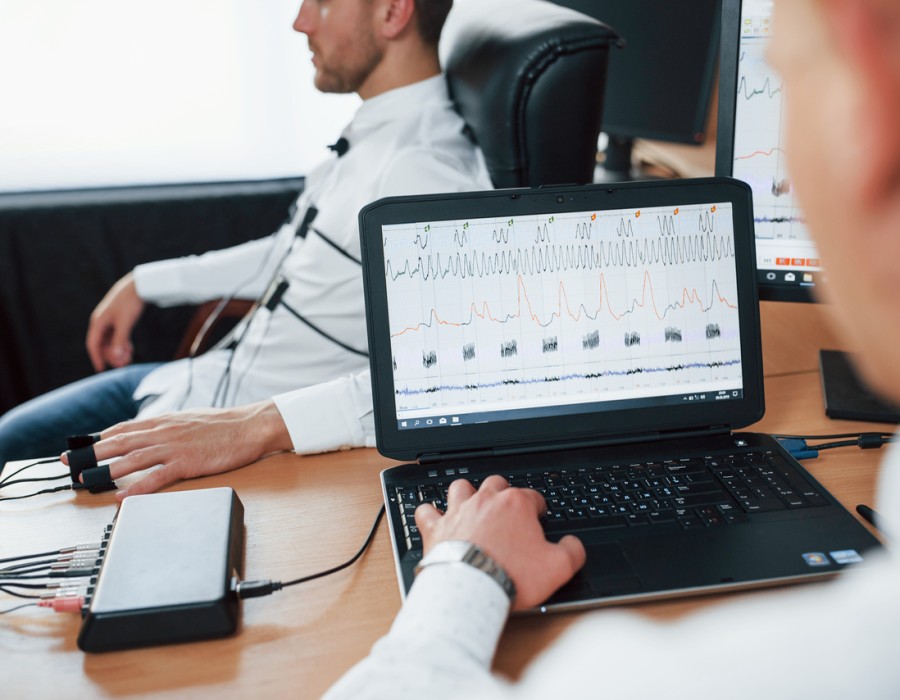Having up-to-date skills and knowledge is essential for providing the best possible care for patients in the ever-evolving field of nursing. An especially valuable skill is the ability to read electrocardiograms (ECGs). The need for nurses who are proficient with ECGs has grown as technology progresses. This blog post highlights the value of ECG courses for nurses, emphasising the benefits they provide to both individual nursing practitioners and the healthcare system as a whole.
Recognising the Value of ECG Proficiency:
The electrical activity of the heart is evaluated by using a diagnostic device called an electrocardiogram, or EKG. Nurses who are proficient in interpreting ECG results can monitor patients with heart disorders, spot possible cardiac problems, and work well with the rest of the healthcare team to give interventions in a timely manner.
Advantages of ECG Training for Nurses:
Improved Patient Care:
ECG-trained nurses can actively aid in the early detection of heart irregularities. This makes it possible to intervene quickly, which may prevent complications and enhance patient outcomes.
Better Communication:
ECG training equips nurses to interact with doctors, cardiologists, and other healthcare professionals in an efficient and effective manner. Ensuring optimal patient outcomes and care coordination requires precise and unambiguous communication.
Increased Career Opportunities:
As the healthcare industry changes, nurses with ECG training are in great demand. A wider range of professional prospects is often available to nurses with ECG proficiency, whether they work in hospitals, clinics, or specialised cardiac care units.
Decision-Making and Critical Thinking:
It takes critical thinking abilities and the capacity for quick decision-making to interpret ECGs. In addition to teaching the technical components, ecg course for nurses helps become more adept at analysing difficult circumstances and making defensible decisions under duress.
Patient Education:
By using their understanding of ECGs, nurses can inform patients about the condition of their hearts. This encourages greater adherence to treatment regimens and lifestyle changes by giving people the power to actively engage in their care.
Nurses’ Online ECG Courses:
Without interfering with their work schedules, nurses can now more easily gain ECG skills thanks to the flexibility of online education. The flexibility of online ECG courses enables nurses to learn at their own speed and go over content as needed. Comprehensive ECG courses designed especially for nurses are offered by numerous respectable schools and organisations. These courses include everything from basic ECG interpretation to sophisticated cardiac assessments.
Summary:
Nurses are essential to patient care in the dynamic world of healthcare. Nurses are finding that having ECG skills is a great advantage that helps with both professional growth and better patient outcomes. Beyond the person, ECG training for nurses has a favourable effect on the effectiveness of healthcare systems. Investing in ECG education is a smart step that not only develops individual capacities but also elevates the quality of care delivered by nurses in varied healthcare settings as the demand for trained and skilled nursing staff grows.





Comments